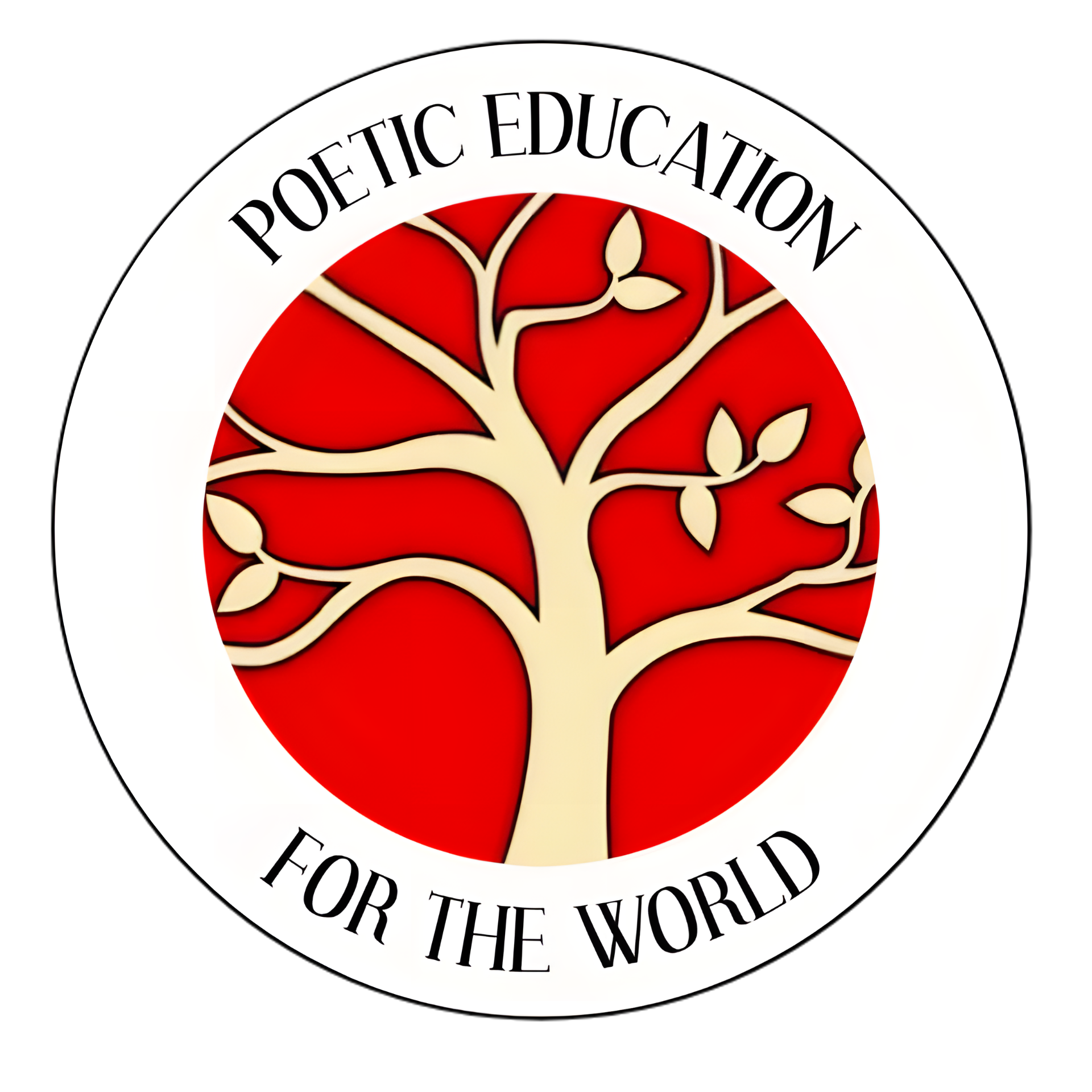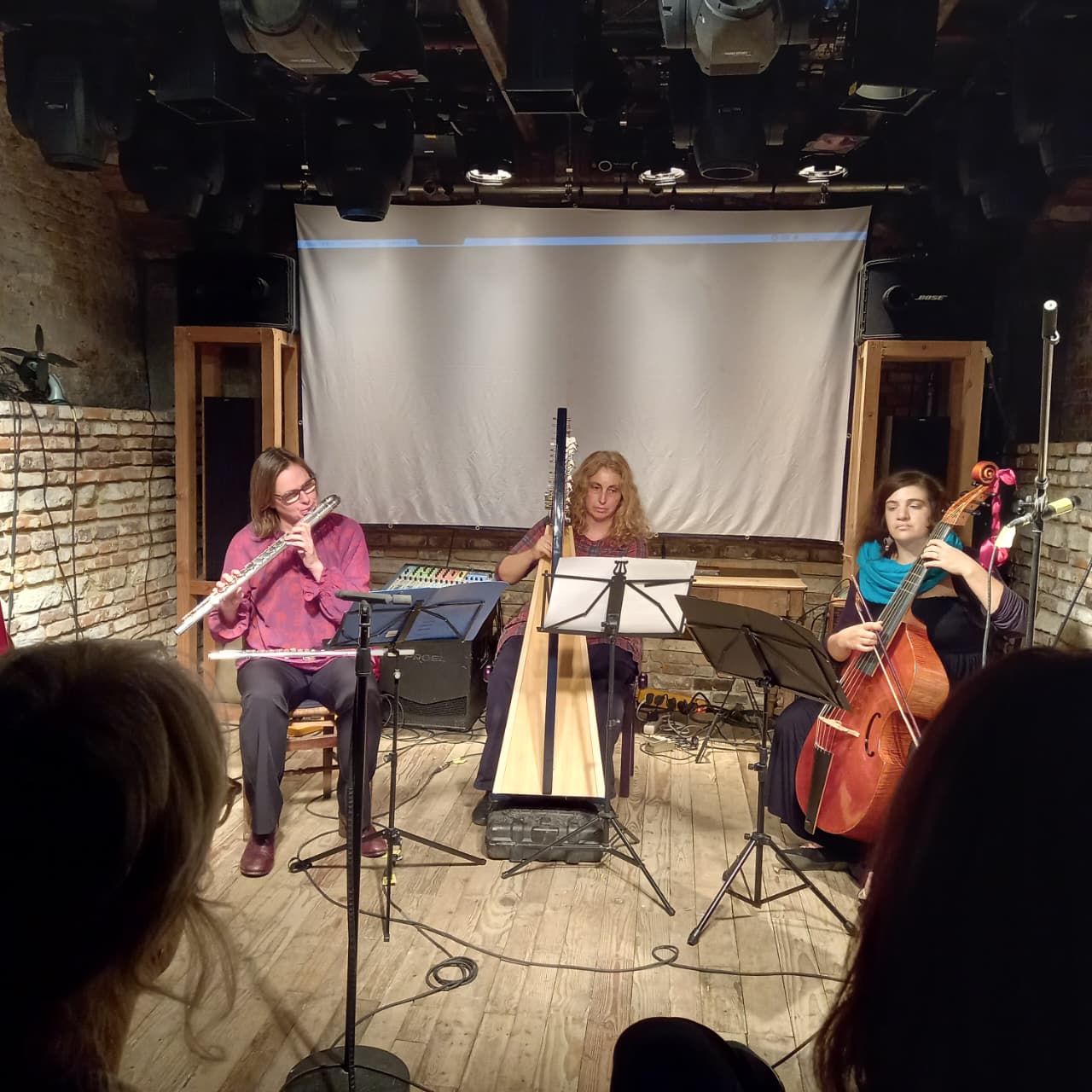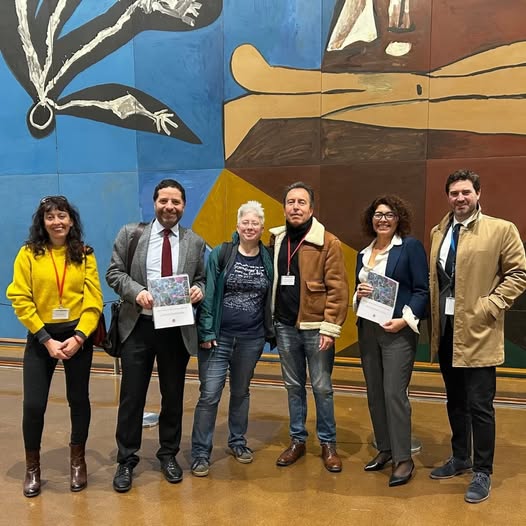

Programa OASIS, la nueva pedagogía
La poesía en la educación
Fotografía: Alumnas del Colegio República de Israel, en una FIPBB SESSION.

El derecho a un OASIS, en el aula.
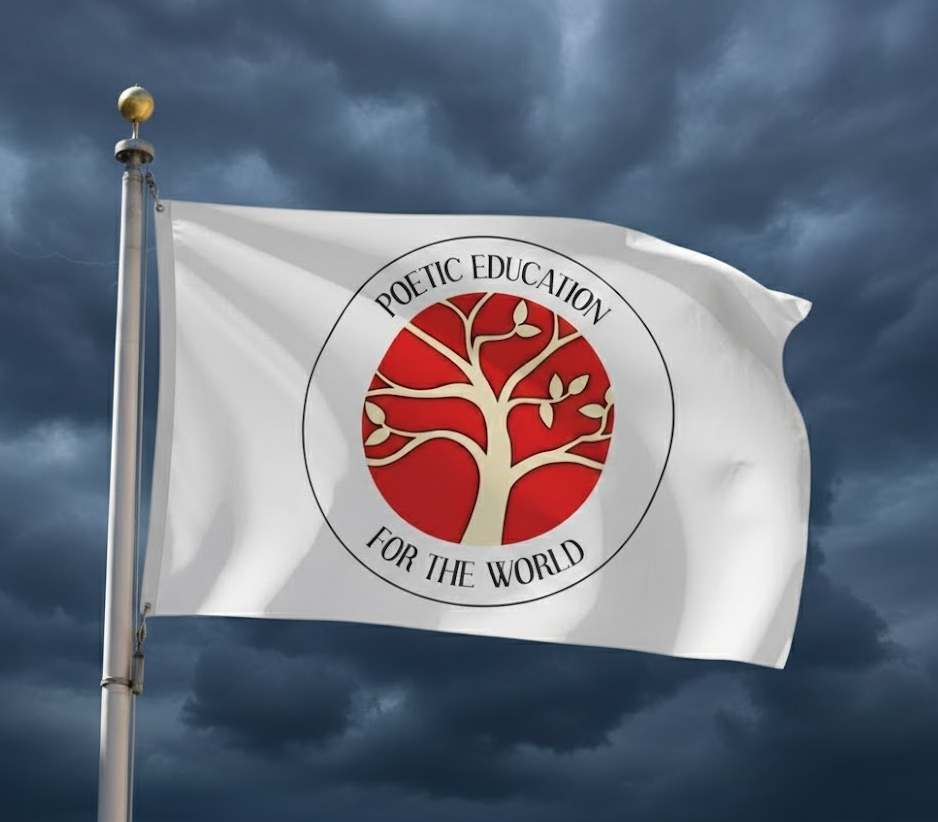
¿Qué es Poetic Education for the World?
Un movimiento internacional, que tiene por finalidad incentivar, apoyar y vincular a personas e instituciones para generar proyectos que realcen la poesía en el aula, en base a la nueva pedagogía desarrollada en Chile, donde el poeta se vincula con el profesor de lenguaje, realizando intervenciones en el ramo de Lenguaje, cristalizando una alianza innovadora, con el objetivo de provocar un aprendizaje profundo del estudiante de la mano de la escritura del poema. Además, paralelamente la creación de un movimiento donde la comunidad poética asuma un rol decidido en defensa de la poesía, ampliando su horizonte desde el ámbito puramente literario, al educativo, actuando como garante en la correcta "exploración del mundo de la poesía" en los establecimientos educacionales.
.
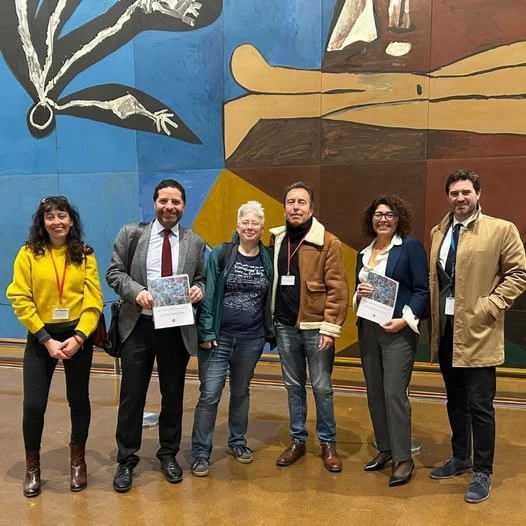
UNESCO
En su sede en París, se hizo entrega del texto "Perspectivas de futuro: la poesía en la educación". De derecha a izquierda, Diego del Pozo (Agregado Cultural de la Embajada de Chile en París) Cecilia Barbieri (Subdirectora General de Educación de la UNESCO) Agustín Benelli (poeta) Milla van der Haven (poeta) Rodrigo Waghorn (Delegado de Chile ante la UNESCO) y Consuelo Arriagada (poeta) 15 de octubre de 2025.
EXPECTATIVA
Esperamos que la UNESCO, considere seriamente la propuesta, que reúne el pensamiento de 20 escritores, entre poetas, académicos y alumnos.
Estimamos oportuno que podamos transferirle el conocimiento de una experiencia de más de ocho años, de tal modo que la nueva pedagogía cristalizada en ese proceso, sea promovida en los países miembros de la UNESCO, que conlleva cambios en el sistema universitario, en cuanto a la preparación de los profesores de lenguaje, también considera cambios urgentes en los programas que dicen relación con la poesía en el sistema educacional, considerando la figura del poeta como garante de la educación poética, en una exploración no académica de la poesía, donde el proceso de la escritura del poema en el aula (experiencia poética) es la clave para que la poesía sea una herramienta de desarrollo emocional y cognitivos de la niñez y de la juventud.
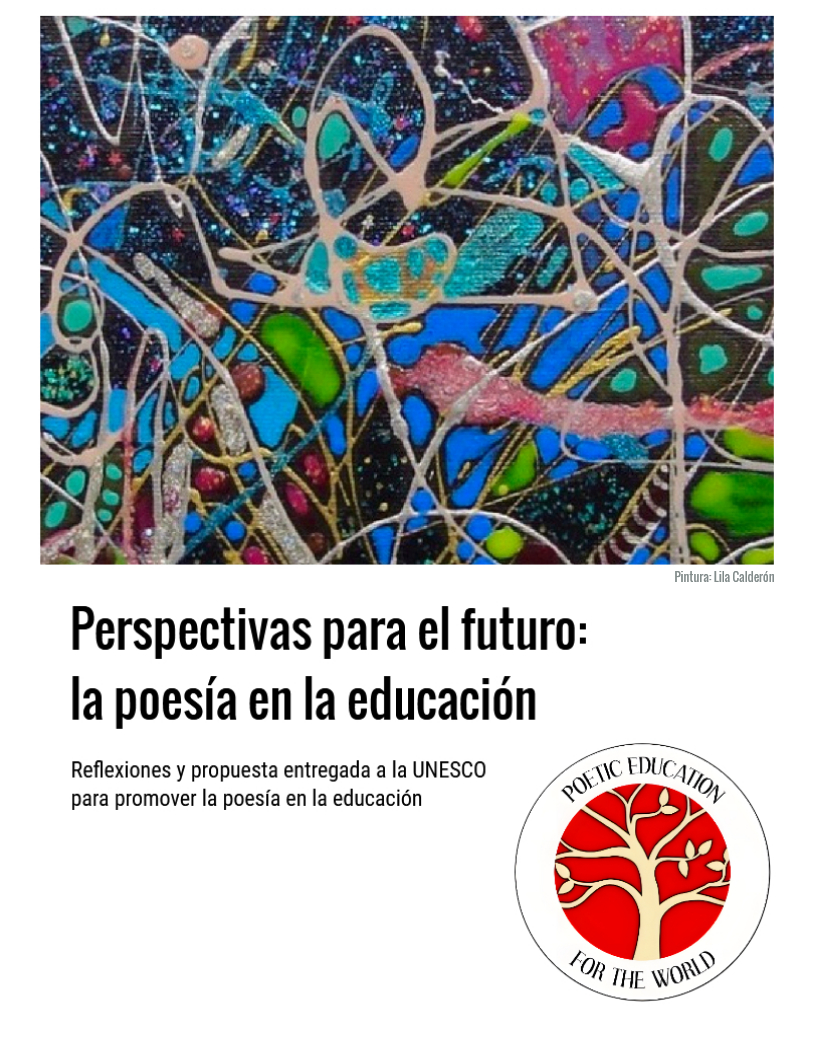
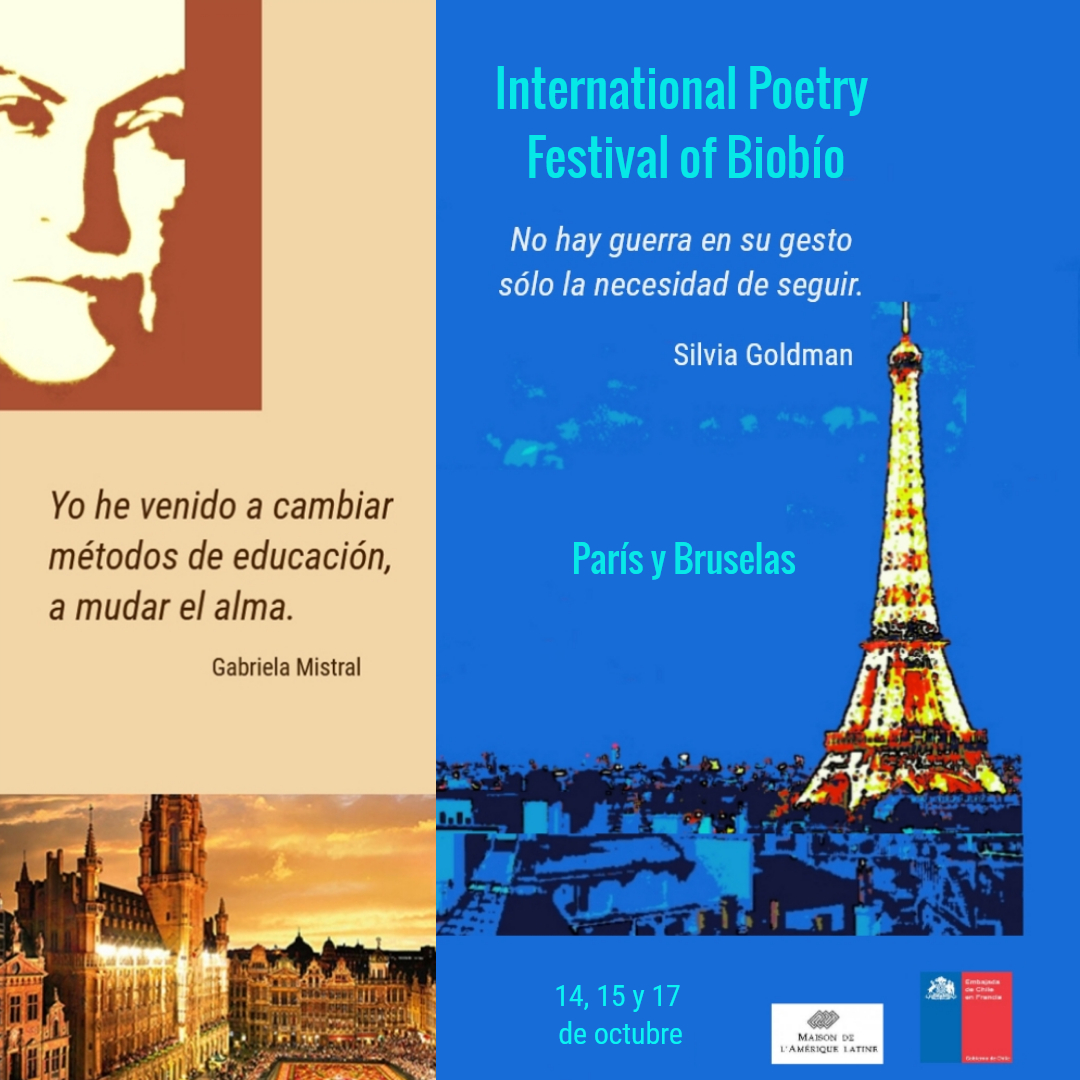
.

Carta de una joven estudiante chilena, leída en dos FIPBB SESSIONS, Berlín el 17 de mayo de 2023, "Salón Berlinés" y en Londres en la Embajada de Chile, el 25 de ese mismo mes.

Tres jóvenes del Colegio República de Israel, estudiantes que finalizaron su enseñanza media como poetas. Esperamos que este arte de una u otra manera los acompañe toda la vida, y no solamente a ellos, sino a decenas de estudiantes que se han beneficiado con nuestro programa, que no tiene por finalidad esencial hacer poetas, sino que la niñez y la juventud desarrolle su sensibilidad poética.

Festival Internacional de Poesía del Bio Bío en Mayaguez, Puerto Rico
Video de las actividades desarrolladas en la Escuela Luis Muñoz Rivera (Puerto Rico, octubre 2024)

Maestra Judith M. Cruz, y los poetas: Mónica Zepeda, Juana Iris Goergen, Silvia Goldman y Agustín Benelli, en la antesala de lo que sería una hermosa jornada con jovencitos de 4to. / 5to. y 6to. Ver más detalles en la ventana "Our Proyects"

Fracaso en el sistema educativo
Al contemplar los resultados de la llamada "Enseñanza de la poesía" no queda más que señalar el fracaso de los sistemas educativos. Ínfima asistencia de público a recitales poéticos o festivales, ignorancia respecto a los poetas actuales, poca presencia de la poesía en los medios, baja venta de libros de poesía, etc, etc. En este contexto de absoluta orfandad de la poesía en nuestra sociedad, son los mismos profesores de lenguaje los que afirman su mala preparación dada por las universidades; es decir, las herramientas son retrógradas, fundamentadas en un academicismo estéril, que se opone a la experiencia lecto/escritural del poeta. Ese proceso el que viven los poetas, es el camino hacia la poesía. Al invadir ámbitos donde su mirada es infructuosa, es necesario que se sobreponga a su propia naturaleza, y prepararé a docentes no para un nivel universitario o académico, sino a futuros profesores que guiarán a la niñez y a la juventud a descubrir la poesía. A menos que acepte que el proceso creativo que vive el poeta es el camino, nada cambiará para el bien de las nuevas generaciones. Con todo lo dicho no niego el derecho de existir a la academia, pero su espacio natural es el claustro universitario, y la evidencia enseña que su perspectiva no sirve para conducir a un aprendizaje profundo a la niñez y a los jóvenes.
La poesía, para que sea algo vivo, debe seguir el camino que emprenden los poetas. Agregar eso sí, que a pesar de un mal sistema, existen honrosas excepciones, profesores que aman su oficio y se esmeran en darles a la niñez y juventud un desarrollo poético a sus vidas. Pero como reza lamentablemente el dicho: Una golondrina no hace verano.

Niños y jóvenes, no pueden esperar
.
Alumnos del Colegio República de Grecia (FIPBB SESSION, Sala de Artes Escénicas de Chiguayante)

COLEGIO ALONSO DE ERCILLA (HUALQUI)

Alumnas Colegio República de Grecia
Qué hacemos
Desarrollamos un modelo de intervención en el aula, por medio de poetas educadores en alianza con el profesor de lenguaje, con el objeto de un desarrollo emocional, espiritual y cognitivo integral de los jóvenes, el que deseamos difundir en beneficio de la comunidad internacional.
Edición de antologías de los jóvenes
Realización de encuentros, talleres, festivales
Es nuestro propósito difundir el valor de la Educación Poética como un programa de aprendizaje significativo, por ello se articulan encuentros, talleres y el propósito de desarrollar el Festival y los FIPBB SESSIONS en distintos lugares del mundo.
Mentoría
La presencia de jóvenes talentos en el aula nos sugirió crear la figura del Mentor. Poetas internacionales que colaboran fraternalmente aportando su experiencia en el campo de la poesía para guiar a los jóvenes a madurar su trabajo escritural. Un apoyo a jóvenes que se puede replicar en cualquier parte del mundo.
Programa OASIS, una nueva pedagogía
Desarrollamos con el Programa OASIS, una nueva pedagogía, donde la poesía adquiere un valor relevante en el aula, articulando un proceso de aprendizaje profundo por medio del acto escritural del poema, que conlleva intrínsecamente el desarrollo de ciertas competencias que hacen de este proceso una práctica visible, y finalmente que da sentido metafórico a las vivencias que más conmueven a los niños y a los jóvenes.

Our history
In 2015, the poet Agustín Benelli, observing the little or no presence of young people in recitals and poetry readings in his city, summoned a group of Chilean poets to a cloister with the aim of examining the reality of Poetic Education in Chile. , carry out a diagnosis and elaborate a set of proposals, to face the challenge of configuring in the countrythe most appropriate way of leading young people towards poetry...
Nuestra historia
En el año 2015 el poeta Agustín Benelli, al observar la poca o nula
presencia de jóvenes en recitales y lecturas poéticas de su ciudad, convoca a un grupo de poetas chilenos a un claustro
con el objetivo de examinar la realidad de la Educación
Poética en Chile, efectuar un diagnóstico y elaborar un conjunto de
propuestas, para enfrentar el desafío de configurar en el país la forma
más adecuada de conducir a los jóvenes hacia la poesía...
Intervenciones realizadas desde el año 2017 al 2024
2.102
Establecimientos educacionales
de la Regiòn del Biobìo (Chile) que participan del programa Educación Poética para Chile, año 2022.
Liceo República de Grecia
Liceo República de Israel
Liceo Cousiño
Liceo Coronel
Colegio Galvarino
Liceo Vicente Palacios
Colegio República de Brasil
Liceo Comercial de Coronel
El año 2023, se interviene toda la Enseñanza Media del Colegio República de Israel
EDUCACIÓN POÉTICA EN UN MUNDO CAMBIANTE
"Enseñanza para la Comprensión"
El lenguaje poético es uno de los medios más eficaces para avivar el corazón, pocos medios son tan eficaz para poder subyugar nuestra naturaleza y avivar el pensamiento.
El lenguaje poético utilizado de forma apropiada es un precioso instrumento para el desarrollo de competencias que los jóvenes necesitarán en el transcurso de sus existencias, ya sea para aplicarlo en su vida personal como laboral, dado que en el ejercicio de la configuración del poema como aprendizaje, requiere el desarrollo de competencias como el pensamiento crítico, la creatividad, el carácter, la empatía, la comunicación. Entonces lo que algunos entienden como habilidades para el siglo XXI se conecta con el mundo cambiante como la naturaleza de la tecnología, la deshumanización, el clima, etc.
Los procesos de configuración del poema como estrategia de enseñanza, los coloca frente a un proyecto que deben elaborar como cualquier poeta lo haría, ejercitándolos potencialmente para ser un "amateur experto" producto de una actividad real, con temas que tengan una fuerte y clara incidencia en el porvenir de los estudiantes, con exigencias que serán un desafío en el ámbito de lo intelectual como emocional, algo que se aprende y no se olvida nunca.
"El hecho concreto es que nuestra mente únicamente guarda los conocimientos que tenemos oportunidad de utilizar en algún aspecto de nuestras vidas, ya sea personal, artístico, cívico, o cualquier otro. Hay una inmensa cantidad de conocimiento que no se usa y se olvida" David Perkins
